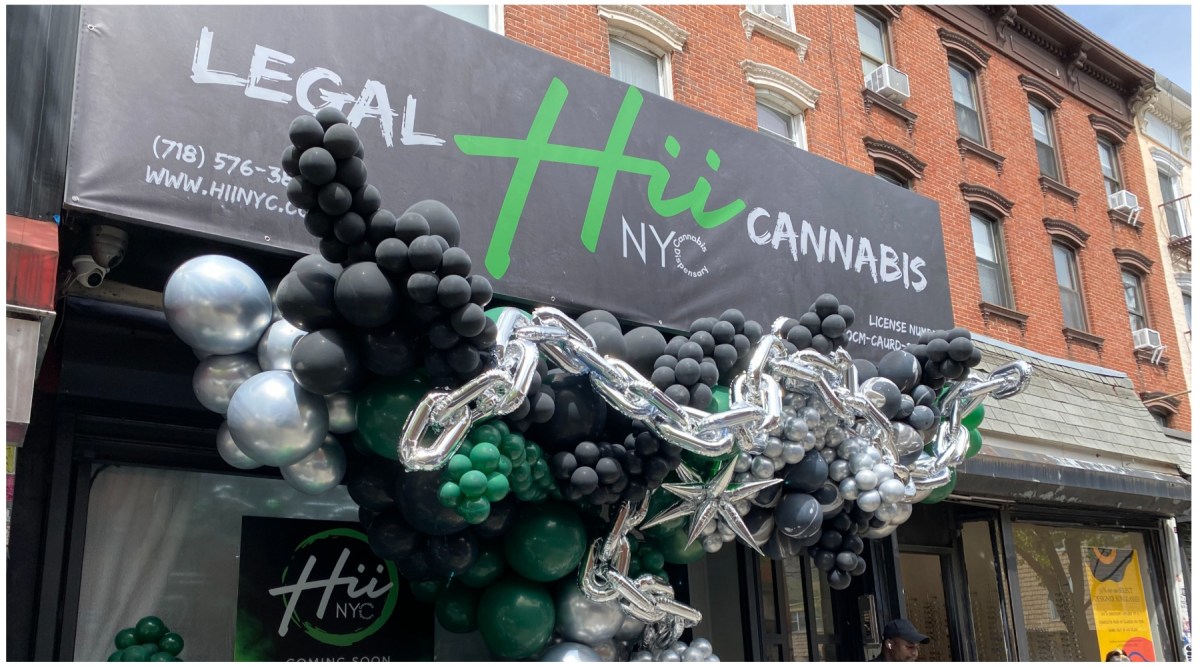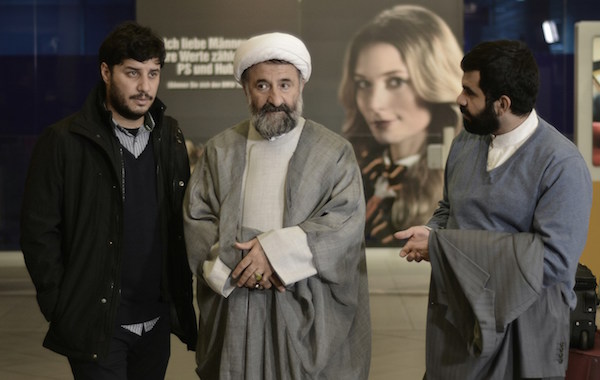
BY SEAN EGAN | Now in its fourth year, the Chelsea Film Festival (CFF) could be considered the new kid on the block, in a city with no shortage of festivals both long and storied, new and niche. In CFF’s case, their fledgling nature is fitting. While giving voice to brand-new talent, both domestic and abroad, “We’re also indie,” said CFF Founder and Executive Director Irene Jean-Baptiste.
“This was a festival that was created for emerging filmmakers only,” Jean-Baptiste noted. “It’s very new, and that’s how we distinguish ourselves from other festivals in town. We only take films that are not distributed yet.”
While its sense of purpose is clear and concise, a winding series of events and life experiences led to CFF’s founding. Originally from France, Jean-Baptiste spent her years there working as a culture journalist, in TV production, and surrounded by family connected to the art and film worlds. Continuing to immerse herself in the arts, she moved to Chelsea six years ago, in order to study at the Actors Studio; but soon after, the unexpected happened.
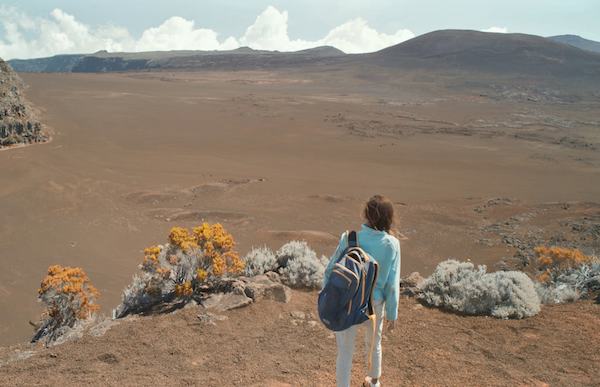
“After this two year program, I had a car accident, and that’s when things changed, because it was a really bad car accident. I had eight broken ribs, I was in a coma — it was a very intense recovery,” she recalled. While recovering, Jean-Baptiste, who lives near the School of Visual Arts Theater, had the idea for a local neighborhood festival. “Because I live in Chelsea, and after this accident, I had to change my career plans — and decided to create the film festival.”
From there, the festival was born, gathering local support — this year including Manhattan Borough President Gale Brewer and their educational partner, the Fashion Institute of Technology — and setting up shop at local venues like the Chelsea Cinépolis. This year is the biggest installment yet, stretching four days and featuring 90 films from 24 different countries, with a special focus on youth-oriented stories.
“It’s such a specific selection that we have this year, from countries that we’ve never represented in the festival before; and it’s very rare to also find films from those countries in other film festivals, or just at the theater,” said Jean-Baptiste. The eclectic selections include the Iranian/German drama/romance “Paradise,” an Israeli short about a 17-year-old “Baby Sitter,” and a whole slate of shorts from French Caribbean filmmakers. Nonetheless, Jean-Baptiste asserted, “The films are universal stories.”
Still, the fest finds time to shine a spotlight on local talent, as well over a dozen features and shorts hail from New York-based filmmakers. In fact, the plum opening film slot is held by “Misfortune,” an Arizona-set crime thriller directed, written by, and starring NYC native (and NYU Tisch alum) Desmond Devenish.
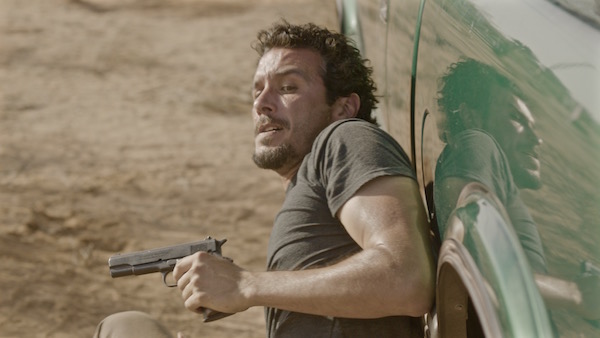
The festival’s purview stretches beyond mere screenings, though. This year finds CFF presenting its second edition of their panel series, “Reel Magic Hour” — talks and presentations that highlight topics like diversity in film and virtual reality.
In this way, Jean-Baptiste sees the festival as a kind of “global hub” for new talent. “We really wanted to have the filmmakers interact with other countries,” she commented, “to help them, to give them a platform where they can meet people and execute their dreams; their films.” Naturally, the festival’s efforts have expanded to reflect this.
“The community around the film festival got bigger and bigger and bigger, so we created, [last] year, a new program to put together, not only a one-time event, but a running show and monthly event called Kino & Vino,” explained Jean-Baptiste of the program (whose first installment ended this July), designed to highlight winning films from CFF. “Every first Monday, we had a screening, a cocktail, a red carpet, and an after party — it was a full night.” She was happy with its success, and is seeking to stage another set of Kino & Vino screenings for 2017.
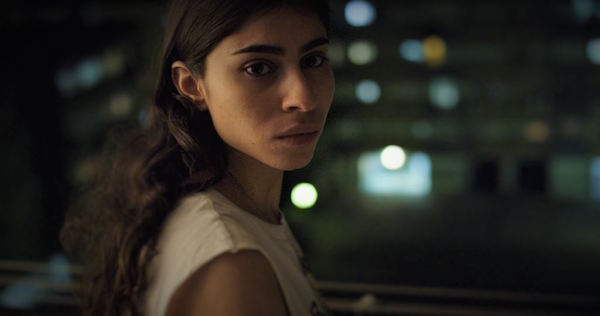
Still, in the immediate future, Jean-Baptiste hopes audiences respond positively to the diverse slate lined up this year, and learn something from the range of stories presented.
“I’m just hoping that people go back home, and that those stories that they’re being told by those people are going to resonate into their lives, and see how those stories can affect them and maybe change them — and who knows? Maybe make the world better.”
Oct. 13–16, at the Chelsea Cinépolis Luxury Cinemas (260 W. 23rd St., btw. Seventh & Eighth Aves.) and FIT (227 W. 27th St., btw. Seventh & Eighth Aves.). Prices of tickets/passes to screenings and events vary. Visit chelseafilm.org or facebook.com/chelseafilmfestival.











